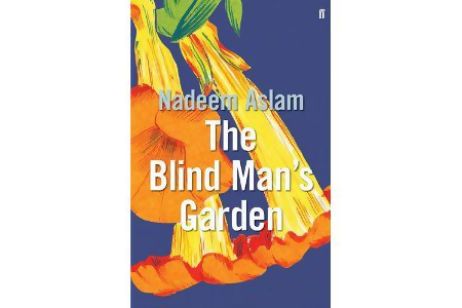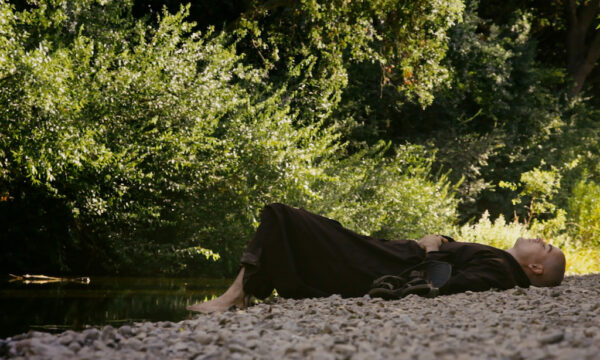The Blind Man’s Garden by Nadeem Aslam

It has been 20 years since Nadeem Aslam published his first novel, the Betty Trask award-winning Season of the Rainbirds, after which readers had to wait more than a decade for his second, Maps for Lost Lovers in 2004. The period between his first and second books – while evidently fruitful for Aslam in establishing his mature voice – also, of course, bore witness to the 9/11 terrorist attacks and the beginnings of their legacy of conflict in the Middle East. The attempts of ordinary citizens to navigate the vagaries of this new reality form the basis for his richly layered fourth novel The Blind Man’s Garden.
Rohan – the elderly, widowed patriarch of the book’s central family – resides in a former school where he is storing up memories of the visual world in advance of his impending blindness. Rohan’s project gives Aslam cause to sketch the flora and fauna of the school’s surrounding gardens using his considerable poetic descriptive gifts. And he wields this same ability in bringing to life, in uncompromising detail, the postlapsarian crimes that take place alongside the “century-wide” trees.
We follow Rohan’s natural and adopted sons Jeo and Mikal on an idealistic humanitarian mission from Heer in rural Pakistan to newly-invaded Afghanistan, where they are quickly captured and sold to a Taliban enclave, later the target of an American raid. In a plot that echoes the real-life case of Ahmed Errachidi, we are taken to a US-run prison where the process of suspect interrogation is unfolded with harrowing thoroughness.
On both sides of the border, extremist Islamists match US like-for-like with false imprisonment, rape, public beatings and other dogma-driven thuggery, corrupting the lushness and civility of Aslam’s opening scenes. A likeable conman eventually tries to barter his kidney for his son’s release from prison; women are attacked for visiting their children’s graves on the pretext that Allah forbids them to enter cemeteries.
Aslam is a master of well-executed juxtaposition: west with east, civilisation with anarchy, and, repeatedly, the legends and laudable morals of ancient faith with their squalid interpretations in the modern world. The narrative is steeped in myth without ever becoming magic-realist – rather harsh reality and supernatural goodness run in perfect parallel. The point seems to be that they are both always there.
The editorial unit
The Blind Man’s Garden is published on 29th January 2013 by Faber & Faber at the hardback price of £18.99. For further information visit the publisher’s website here.
























Facebook
Twitter
Instagram
YouTube
RSS